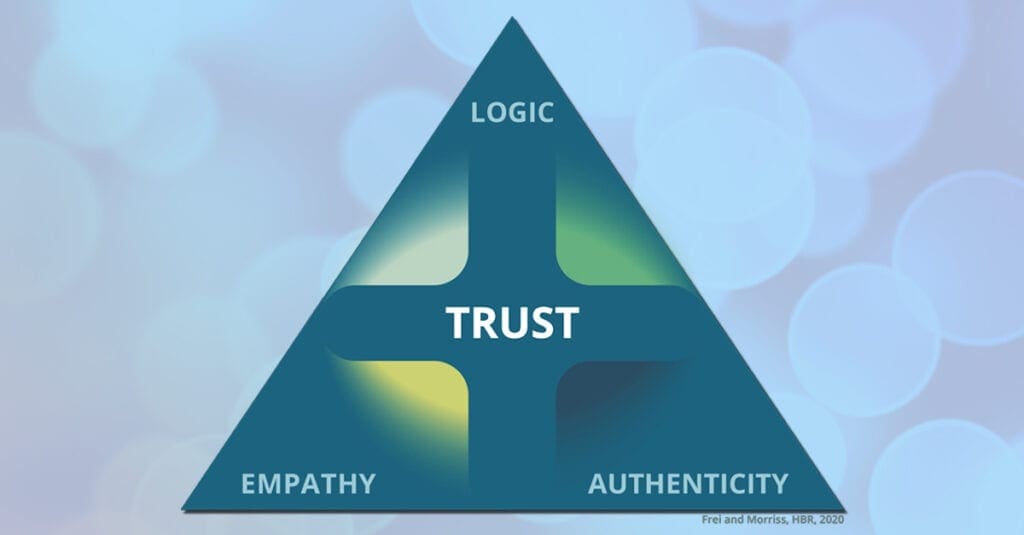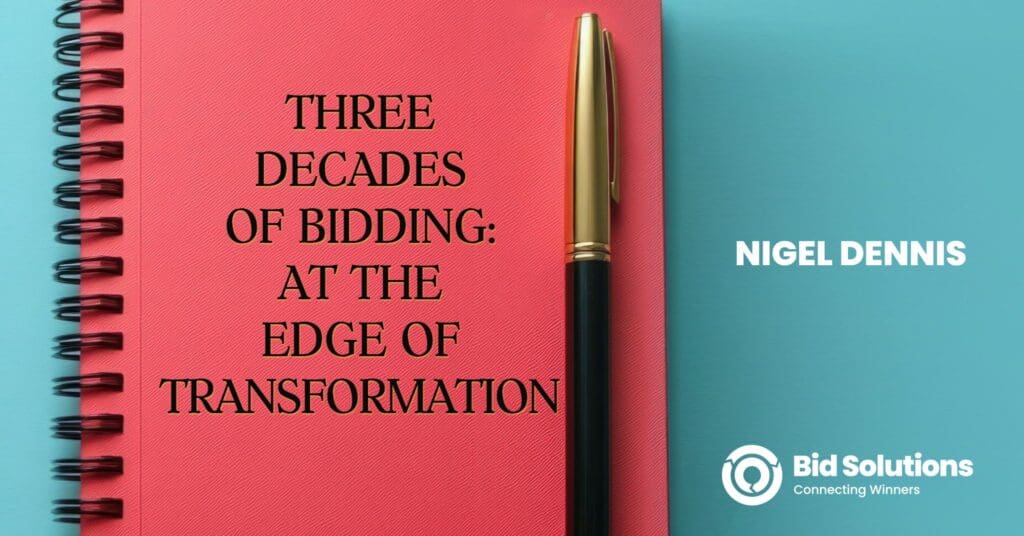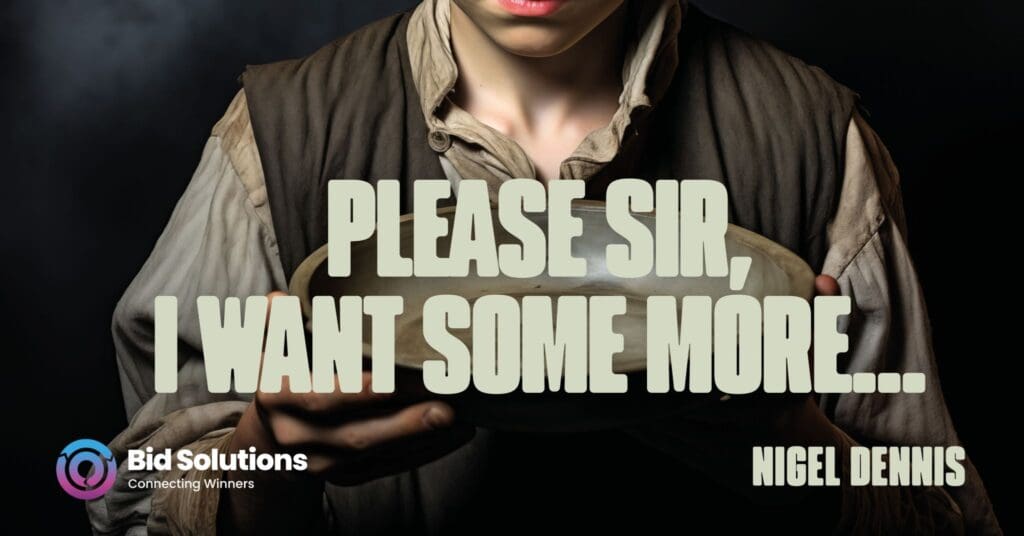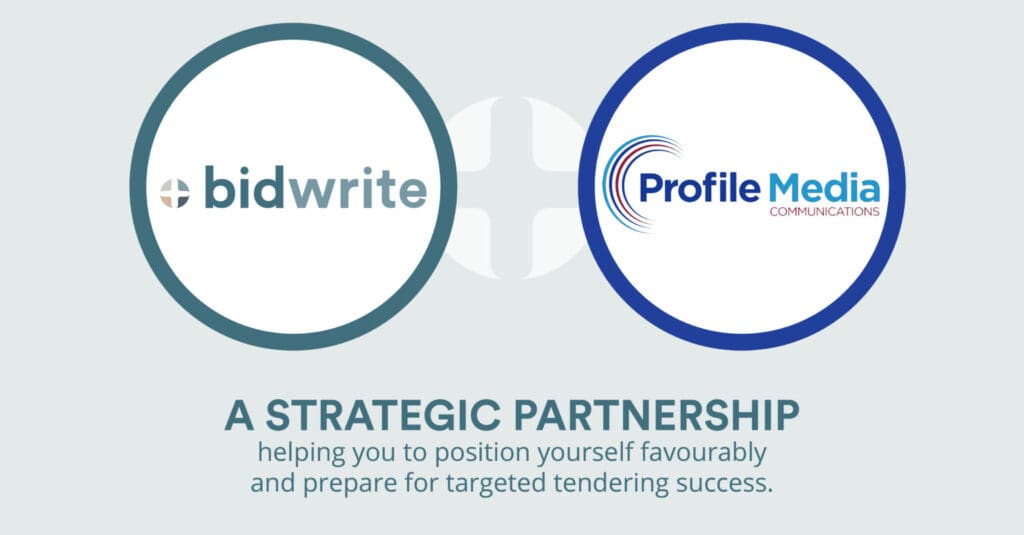A few weeks ago, my grandmother passed away. At 100 years old, she had lived a long, interesting and fruitful life. She had a deeply practical nature, so I know that if anything can be learnt from her passing, she would have gladly offered herself as the subject of this piece.
Approximately 15 years ago, she asked if I would accept responsibility for deciding her funeral arrangements and conducting executorial duties for her estate. Although happy to accept, I enquired as to why she had chosen me, when other family members were much closer, both geographically and generationally.
Her response demonstrated the clarity of thought so characteristic of people with experience. She replied simply, ‘I know your character, you understand me and I know you have the skills to do this. I trust you.’ I chalked that up as one of the best pitches I had ever encountered.
Having worked in marketing for many years now, I often find myself shaking my head at the hyperbole and meaningless statements that sadly represent the worst examples of our craft. My grandmother’s response was the complete opposite. It was analytical, concise and extremely compelling.
Since my grandmother’s passing, my commitments to her have now become a reality. As I walk through these processes, I find myself reflecting on our conversation. I realise that despite spending many years fighting for concepts like brand trust, if pressed I would have struggled to articulate what this truly means.
So, imagine my surprise when during the professional development segment of our weekly staff meeting, one of our senior team members introduced the concept of The Trust Triangle (Frei and Morriss, HBR, 2020).
Although their article has a leadership focus, Frei and Morriss make the following point about trust: “…it’s the basis for almost everything we do. It’s the foundation on which our laws and contracts are built. It’s the reason we’re willing to exchange our hard-earned pay checks for goods and services, pledge our lives to another person in marriage, cast a ballot for someone who will represent our interests’.
However, trust can’t be taken, it’s earned. In order to achieve this, Frei and Morriss argue that in almost every situation, the process of building trust rests on three drivers – authenticity, empathy and logic.
The Trust Triangle
- Authenticity refers to the extent that others feel they are experiencing ‘the real you’.
- Empathy is how much others believe you understand their situation, genuinely care about them and are acting in their best interests.
- Logic represents the perception held by others that you are capable and that your reasoning is sound.
Upon hearing this, bells started ringing in my head. I began to wonder whether Frei and Morriss had interviewed my grandmother as part of their research!
Through their study, the researchers concluded that every breakdown in trust can be traced directly back to a breakdown in one of the three drivers of the trust triangle. The key takeaway is their suggestion to examine past situations where you have either failed to win or have lost the trust of another party. Can you identify a pattern around which driver of the trust triangle let you down, or to state this more actively, in which driver you let yourself down?
Building Trust in Tendering
So what does this all mean for those seeking new or renewed business through a competitive tendering process?
First off, many of us are familiar with the old adage that people do business with people they know, trust and like. There’s simply no way to escape the importance of trust. And now that we know how trust is experienced and measured by others, how can we put our best tendering foot forward every time?
My view is that we use authenticity, empathy and logic as a work winning checklist across three key levels, namely individual, organisational and submission-specific.
1. Individual Level
As part of your capture and pursuit processes, do each of your work winning people create genuine relationships that demonstrate they are committed to understanding the challenges faced by your potential clients and also to an outcome that works for them, not just you? Can they clearly articulate and support a possible solution that makes sense to your potential client, arguing strongly if needed for new ways of thinking?
2. Organisational Level
For years marketers have known that brands can be viewed as a short-circuit for trust. Yet this trust is not built through interactions between legal entities. It can only happen through an accumulated set of interactions with people who all wear the same company badge. So how aligned are your people? Does your potential client experience such a hotchpotch of individual interactions that it doesn’t understand who your company is, what you stand for, or what to expect next? Experiencing individual ‘trust wobbles’ (as Frei and Morriss refer to them) is likely to destroy any trust in your company. Marketing academic Dr. Richard Buchanan refers to this as ‘The Enemy Within’, the title of a great book he penned on the unseen damage that can be unwittingly caused by your own employees.
3. Submission-Specific Level
So, you’ve got authentic, empathetic and logical people out in front at the capture stage, working hard to build trust. And their alignment causes your potential customer to think that your company might be the special one. But then they’re all too busy chasing the next prize to take the time to impart their vital knowledge to those at the coalface of creating the tender submission. The consequence? A submission that doesn’t represent who you truly are, doesn’t demonstrate an intimate understanding of your potential client’s real issues, and doesn’t articulate a proposed solution in a way that makes sense to your potential client. The inevitable result? They’ll remain a potential client and you’ll have plenty of discussions about what could have been. Or worse still, you won’t recognise what’s going on and will repeat the same unsatisfying process.
You can run, but you can’t hide…
As a classically trained marketer, the concept and importance of trust has been hardwired into my professional life. And having spent a substantial amount of my marketing career in and around tendering, its relationship to work winning success is clear. It’s deeply satisfying to be trusted, and if this trust can be properly harnessed in a tendering context, it comes with deserved benefits.
Trust has also become infused in my family life, not only as a grandson but as part of the many other family hats I wear. It’s an invisible but extremely influential lens that exists between us all. So best we elevate it to the position it deserves.
I’m grateful to have known my grandmother. She taught me a lot. My only regret is that she never got to meet Frei and Morriss. I think they would have got along famously.
RELATED VIDEO: Check out this handy Bid Byte video on YouTube where Mark Riley summarises the trust triangle in just 90 seconds.







